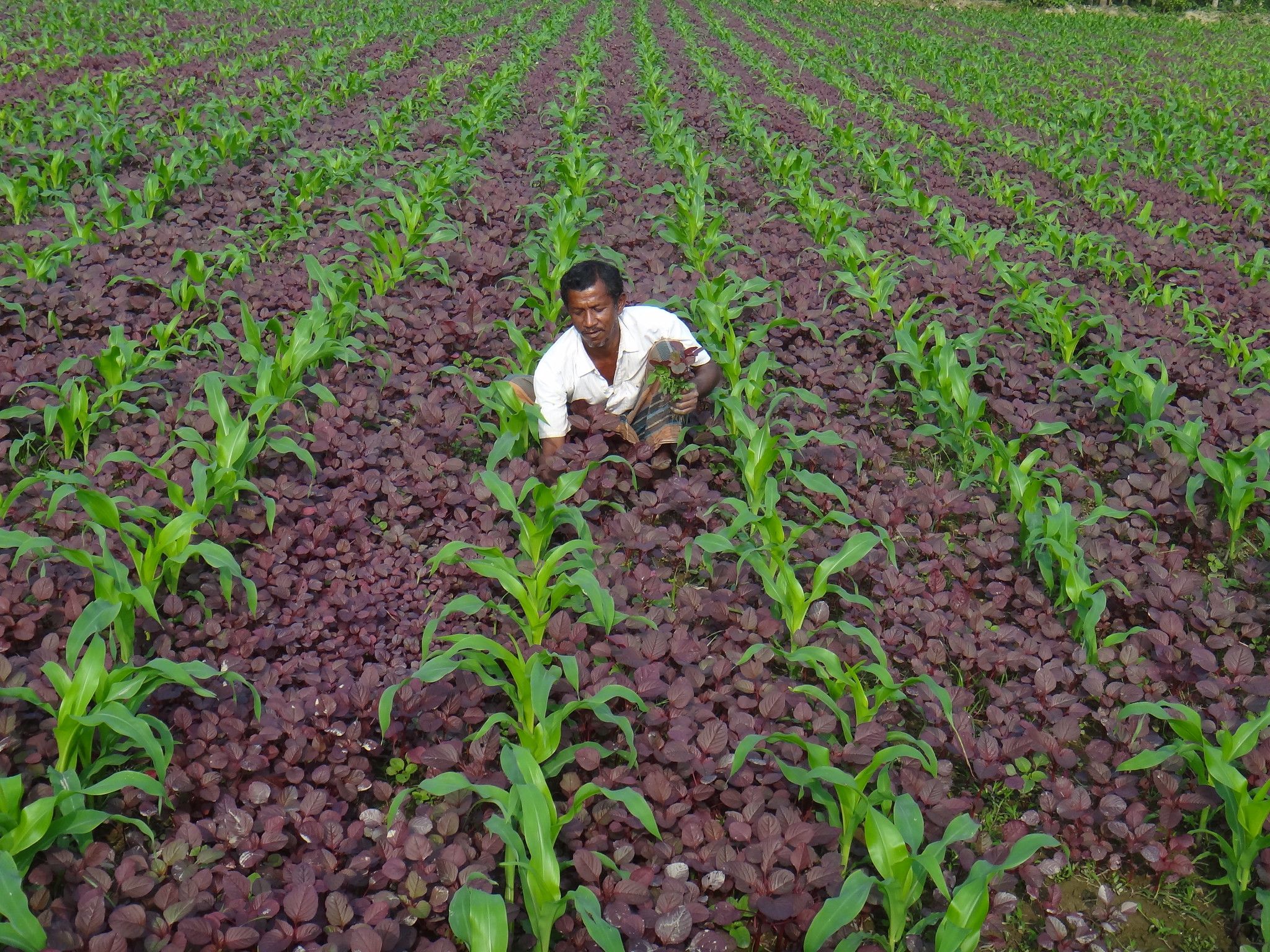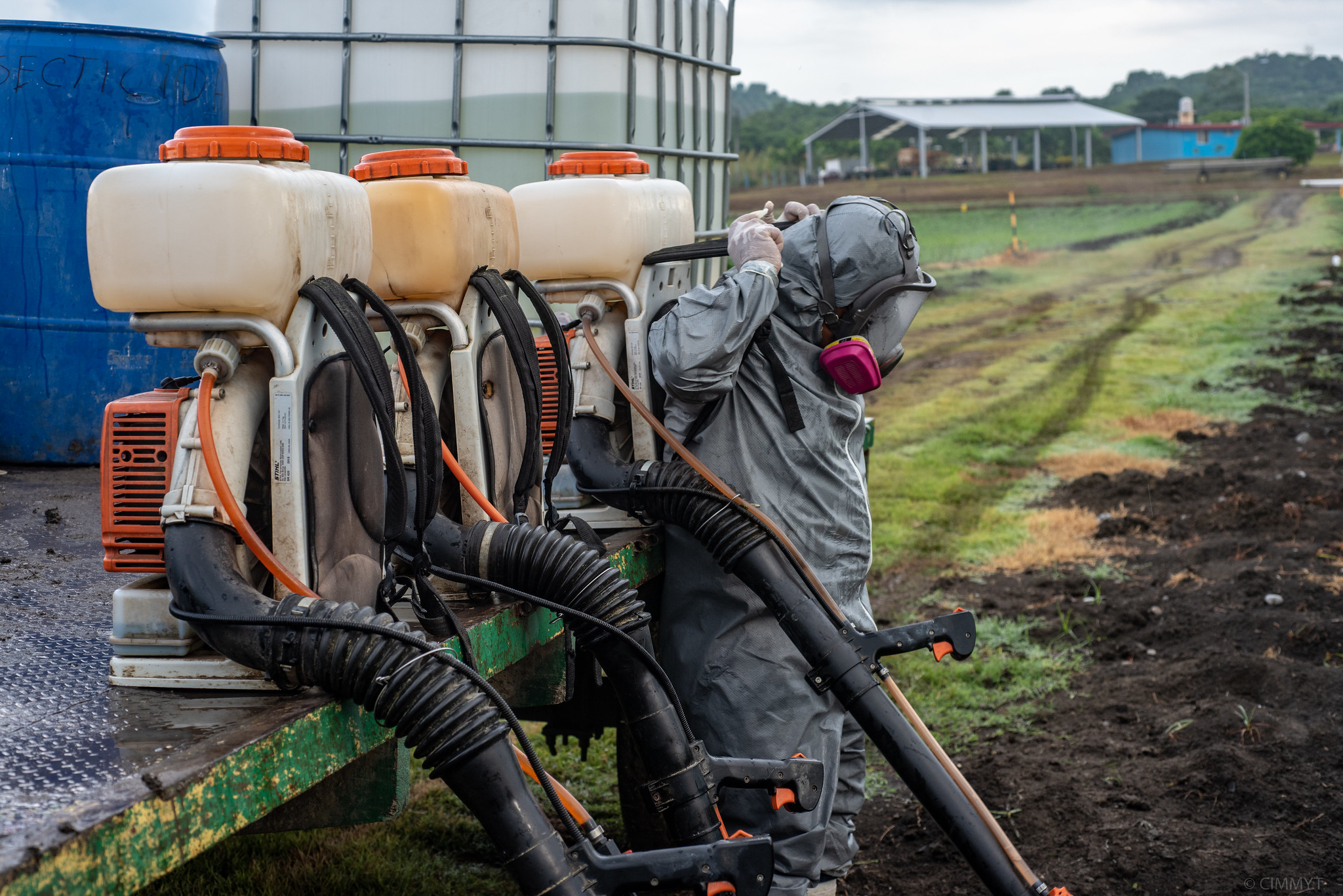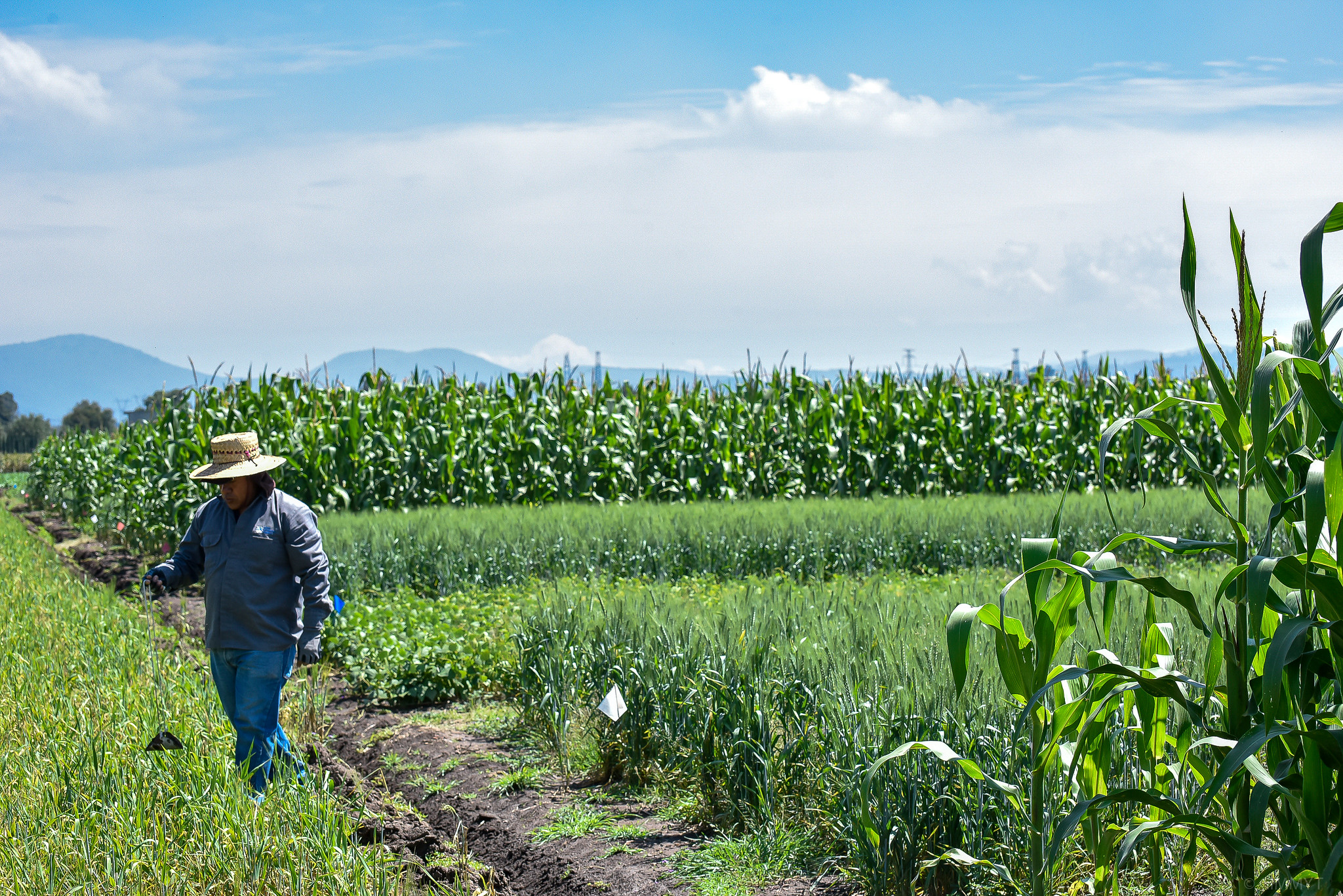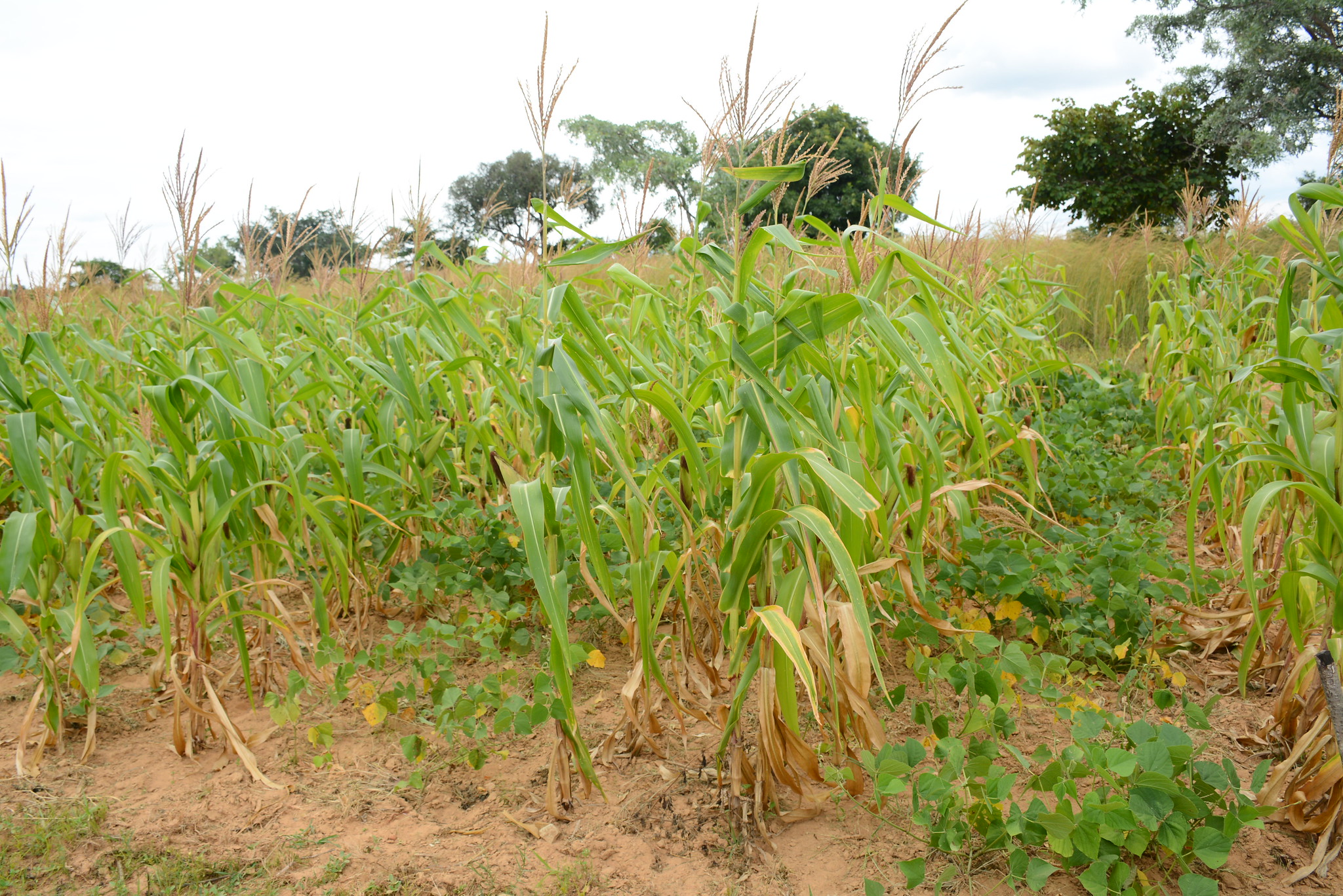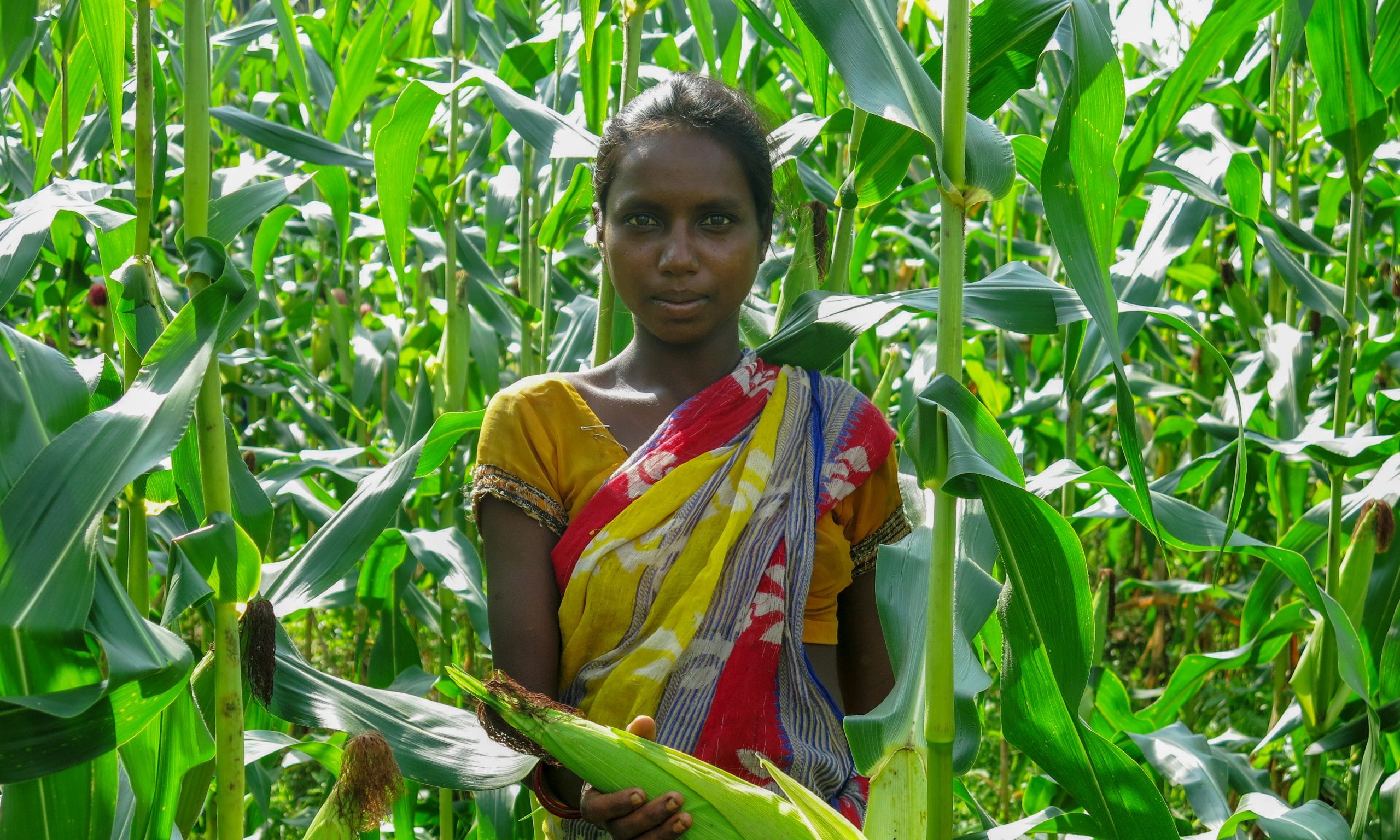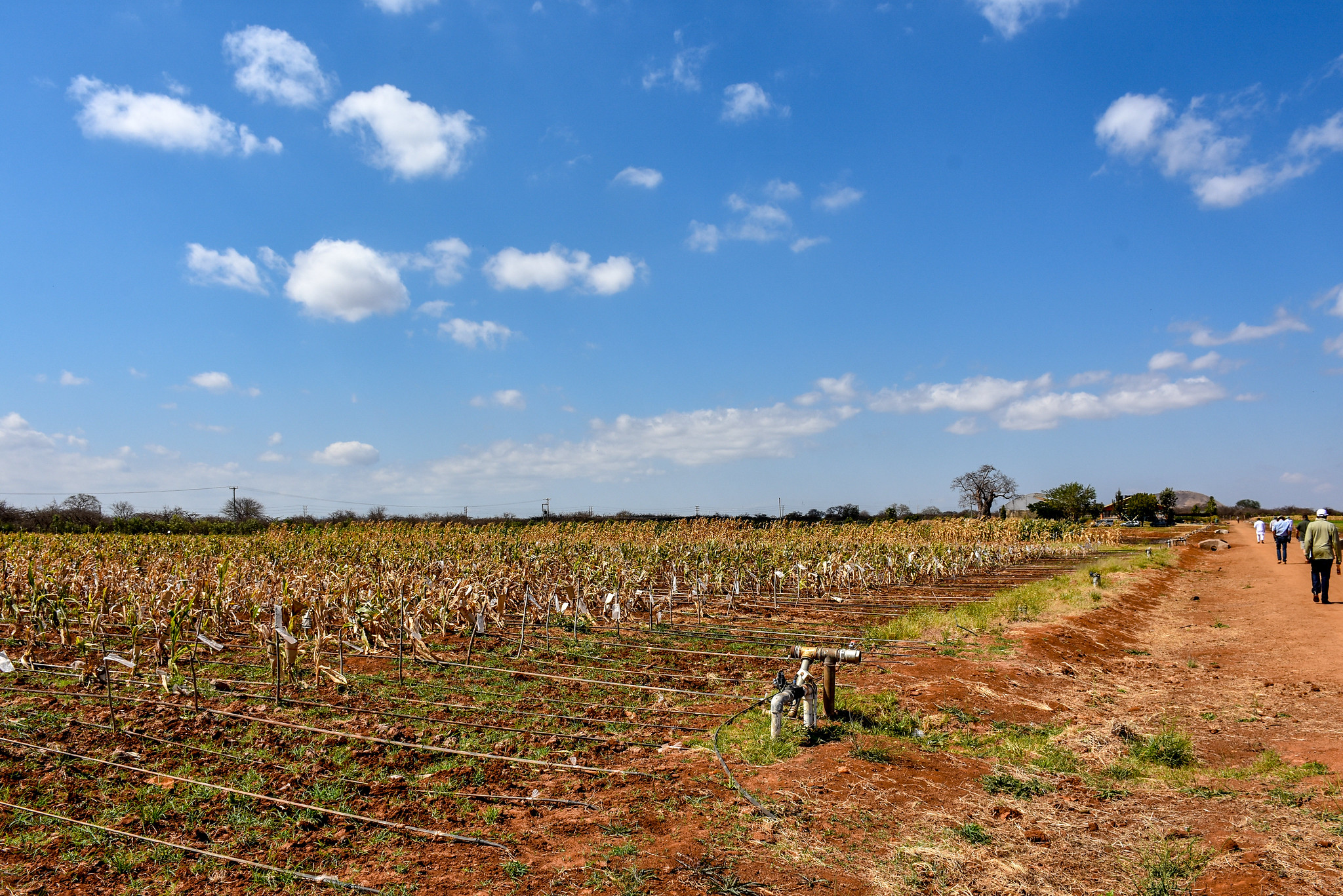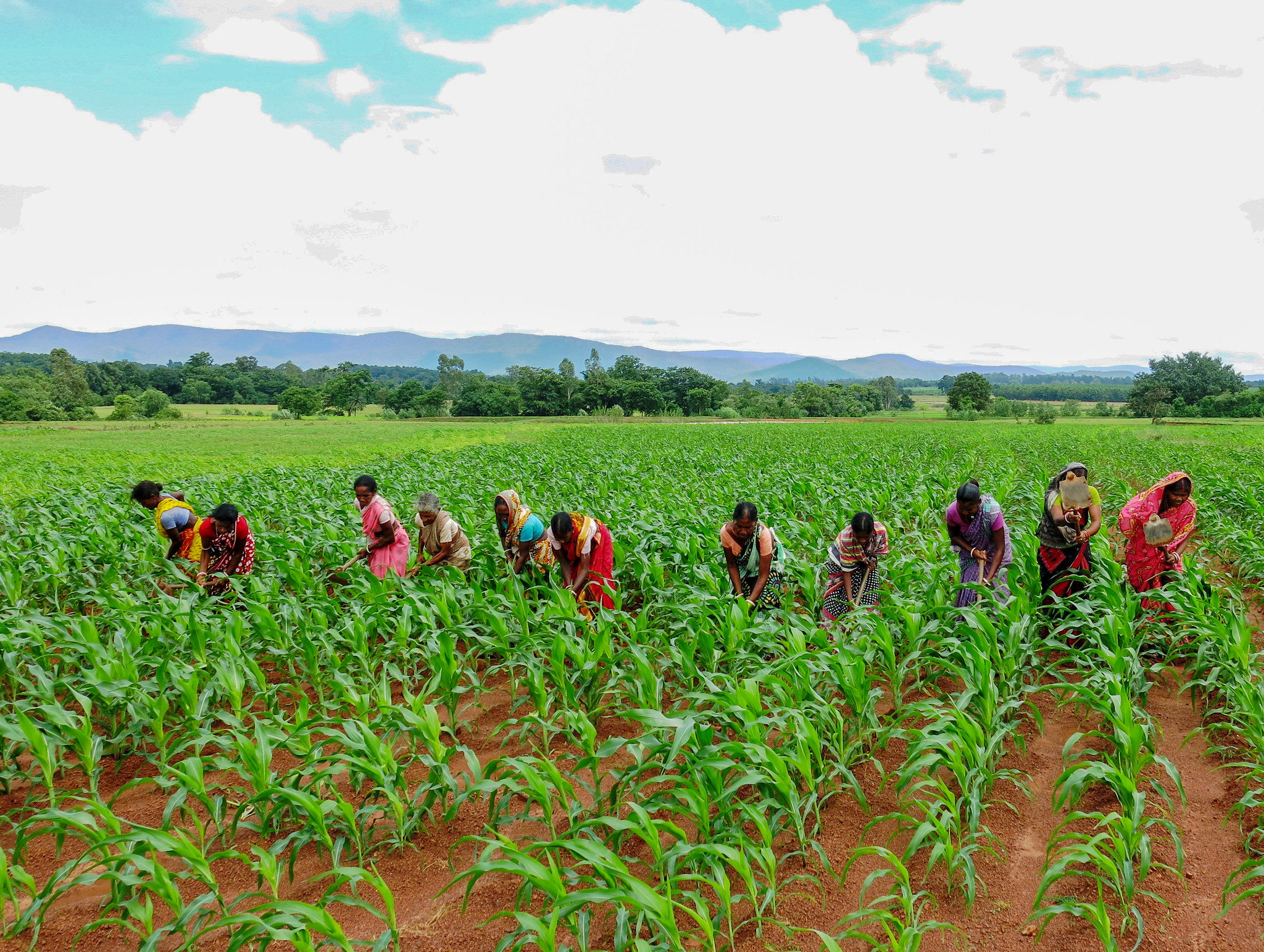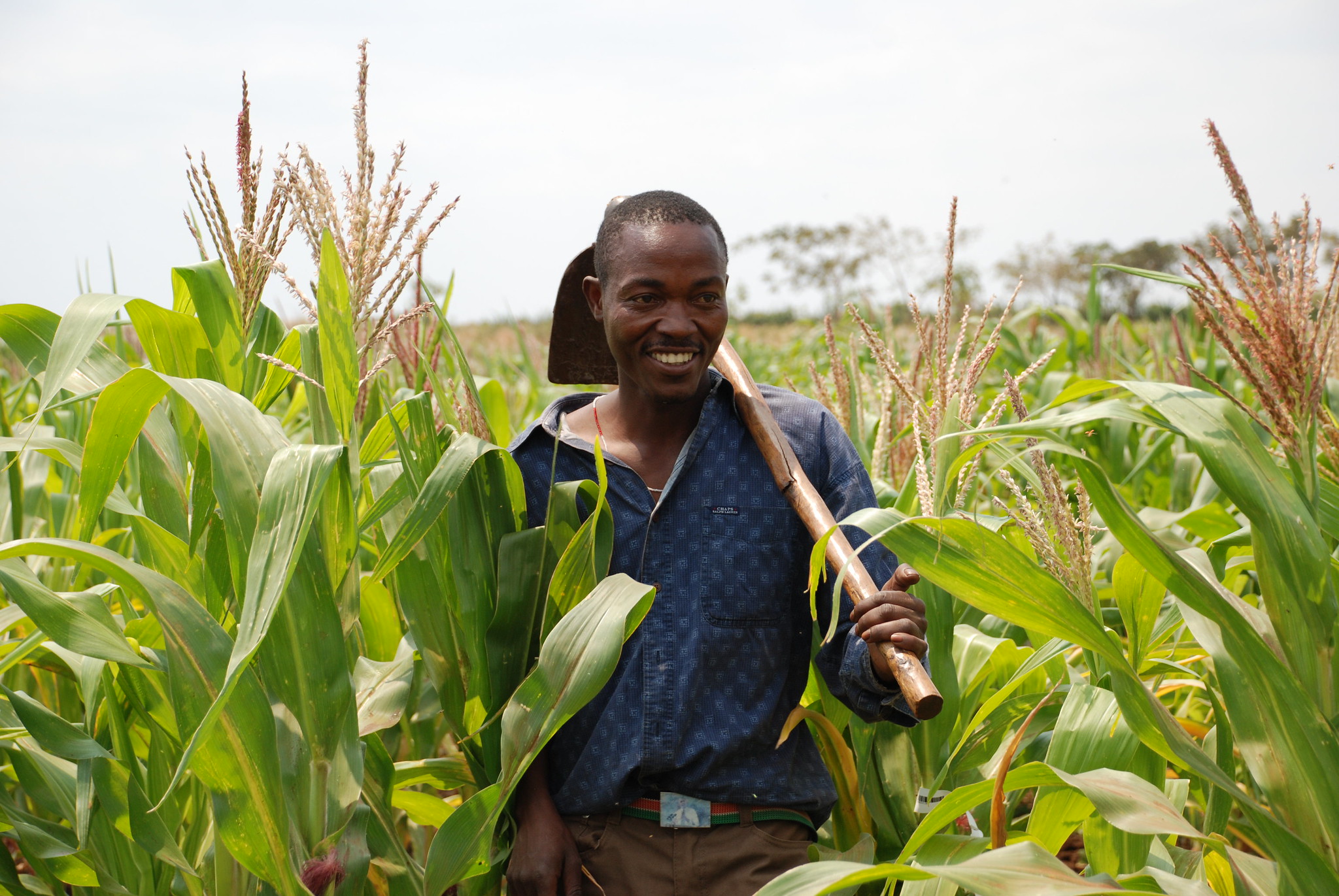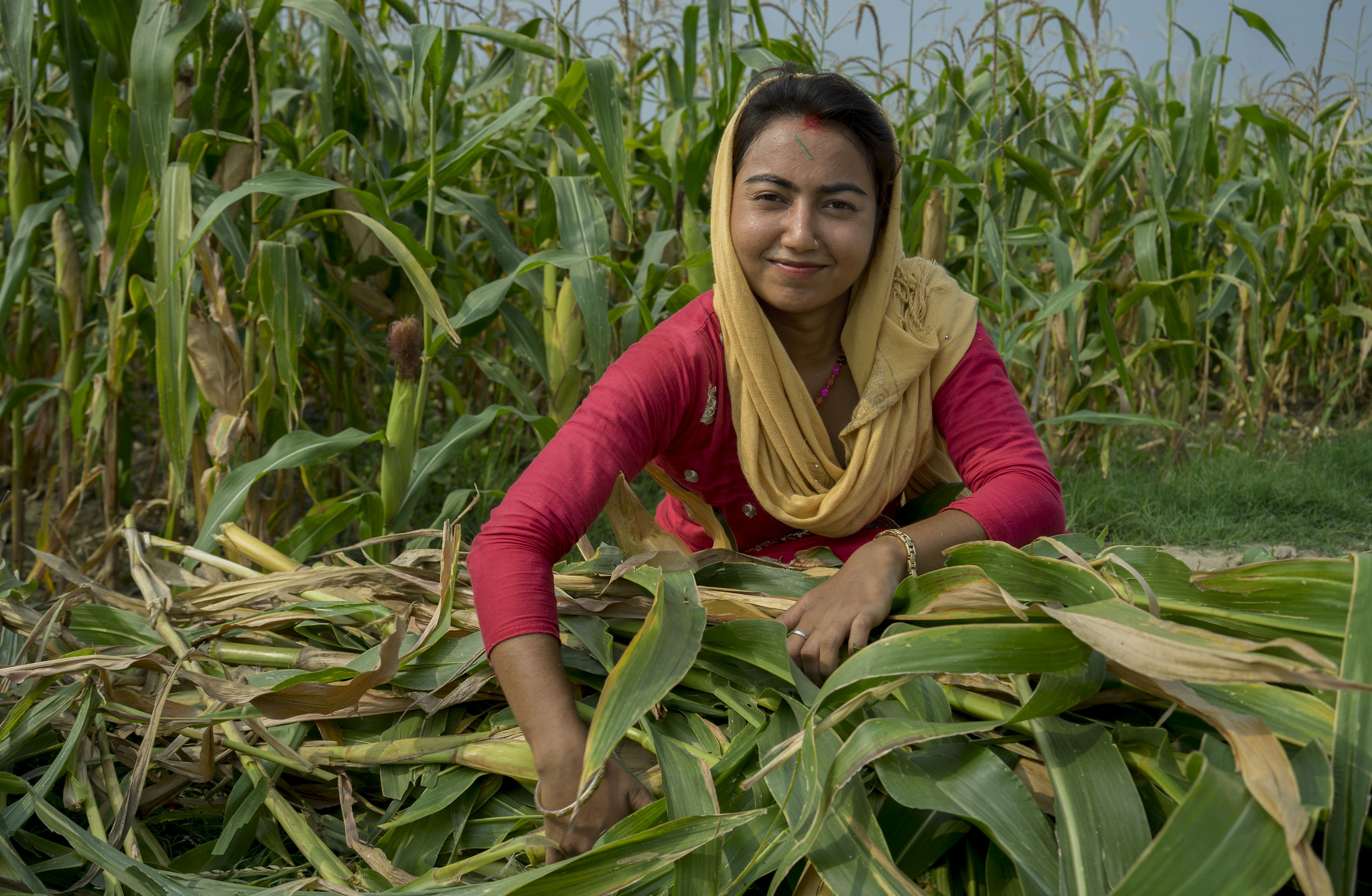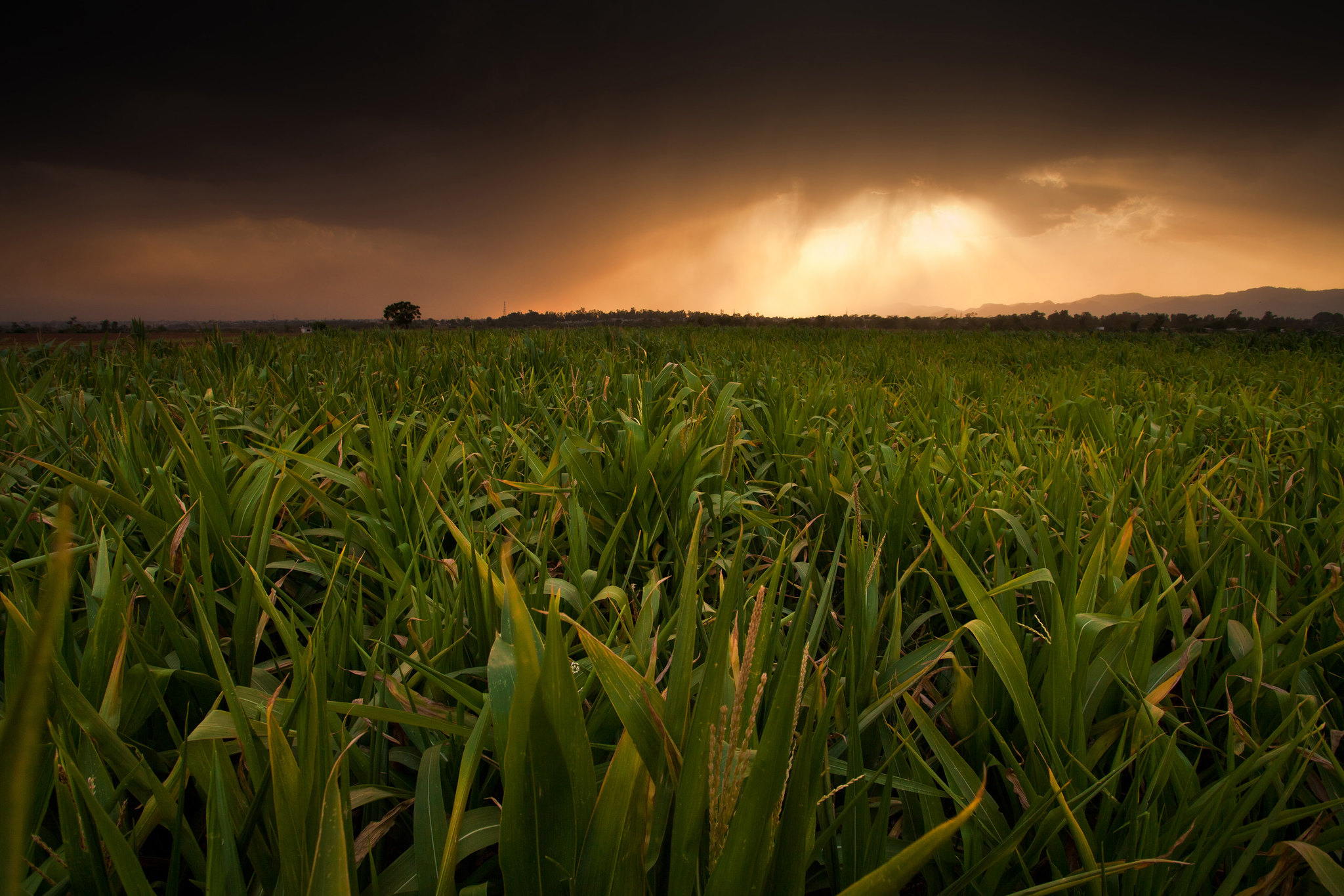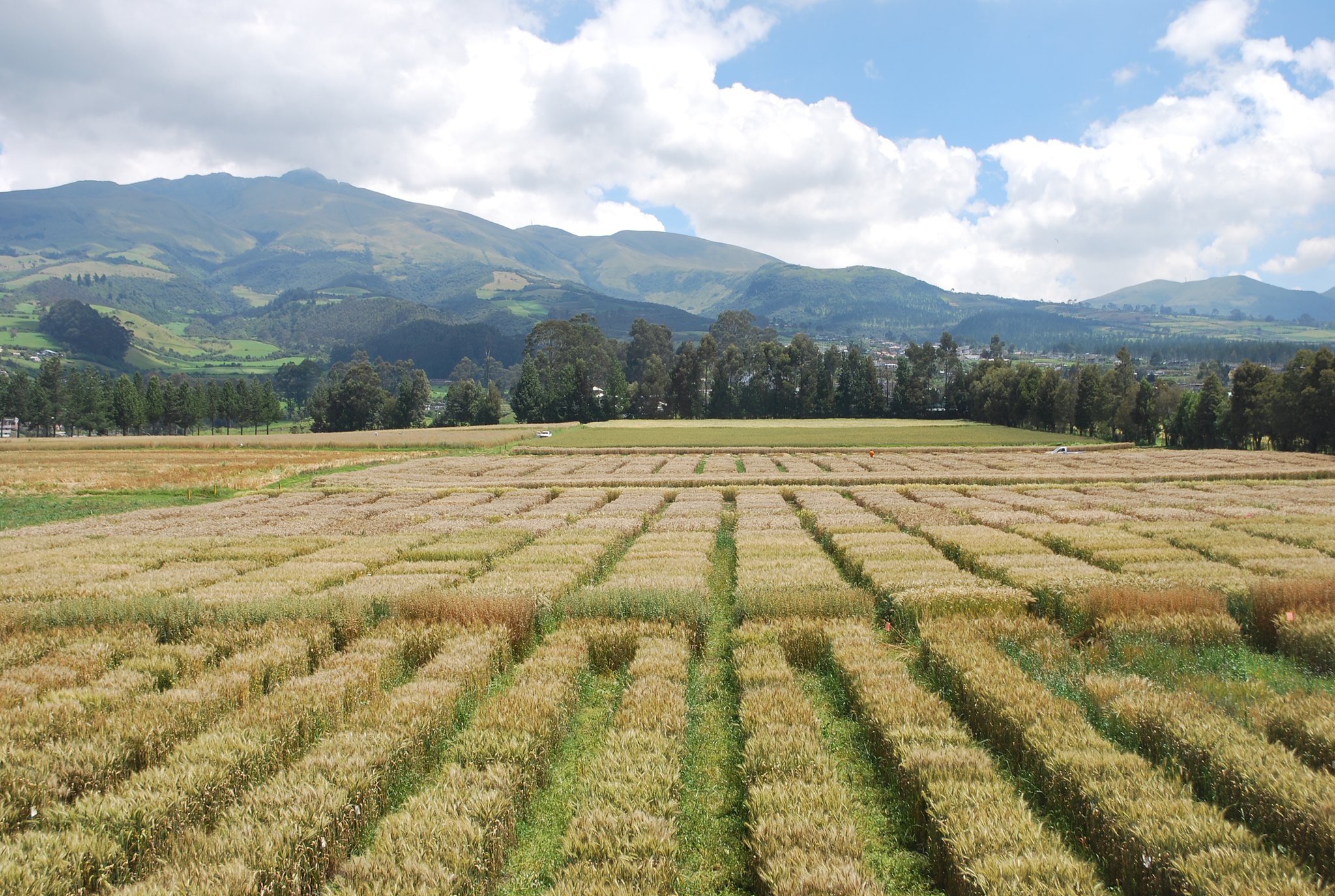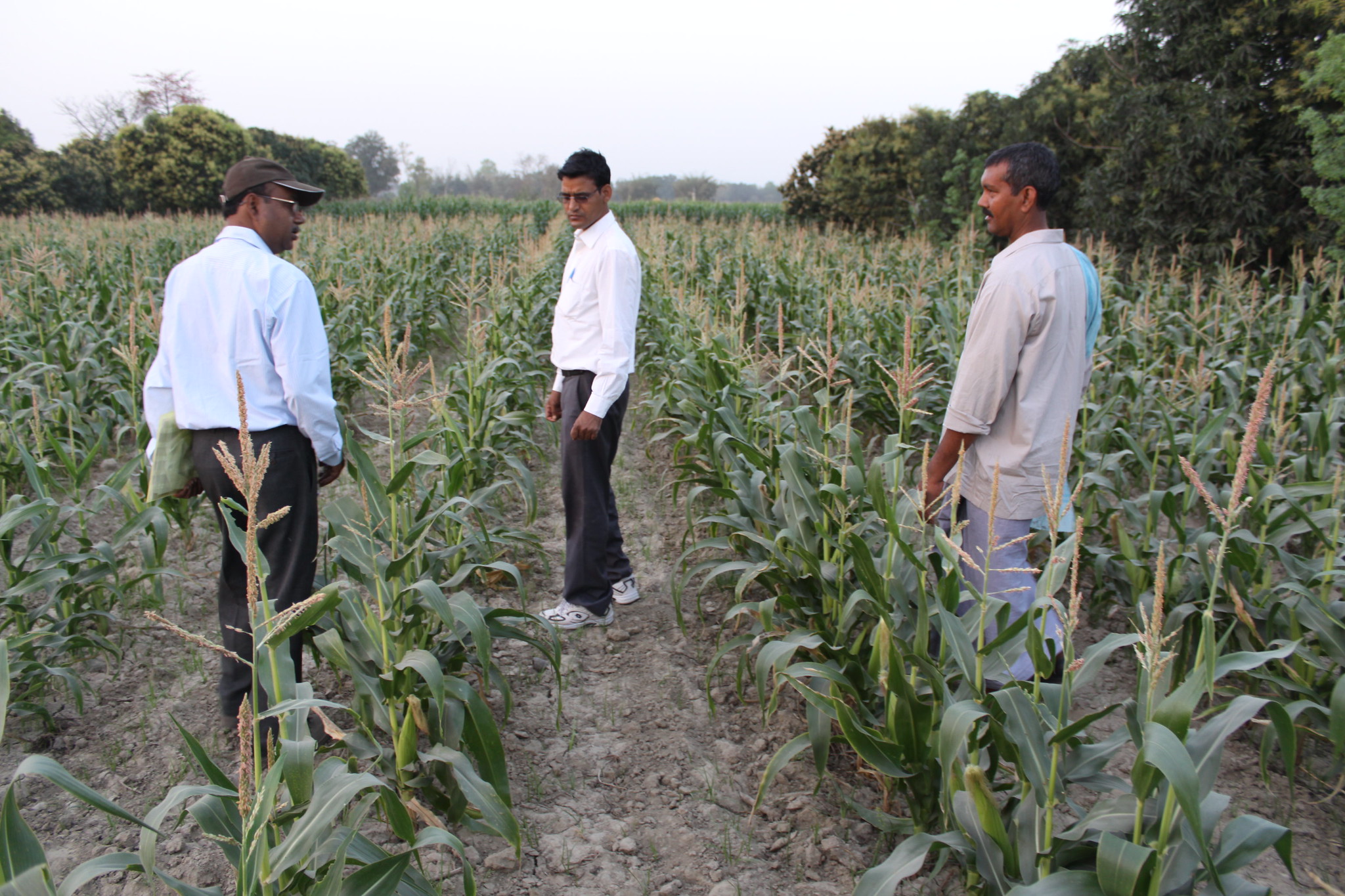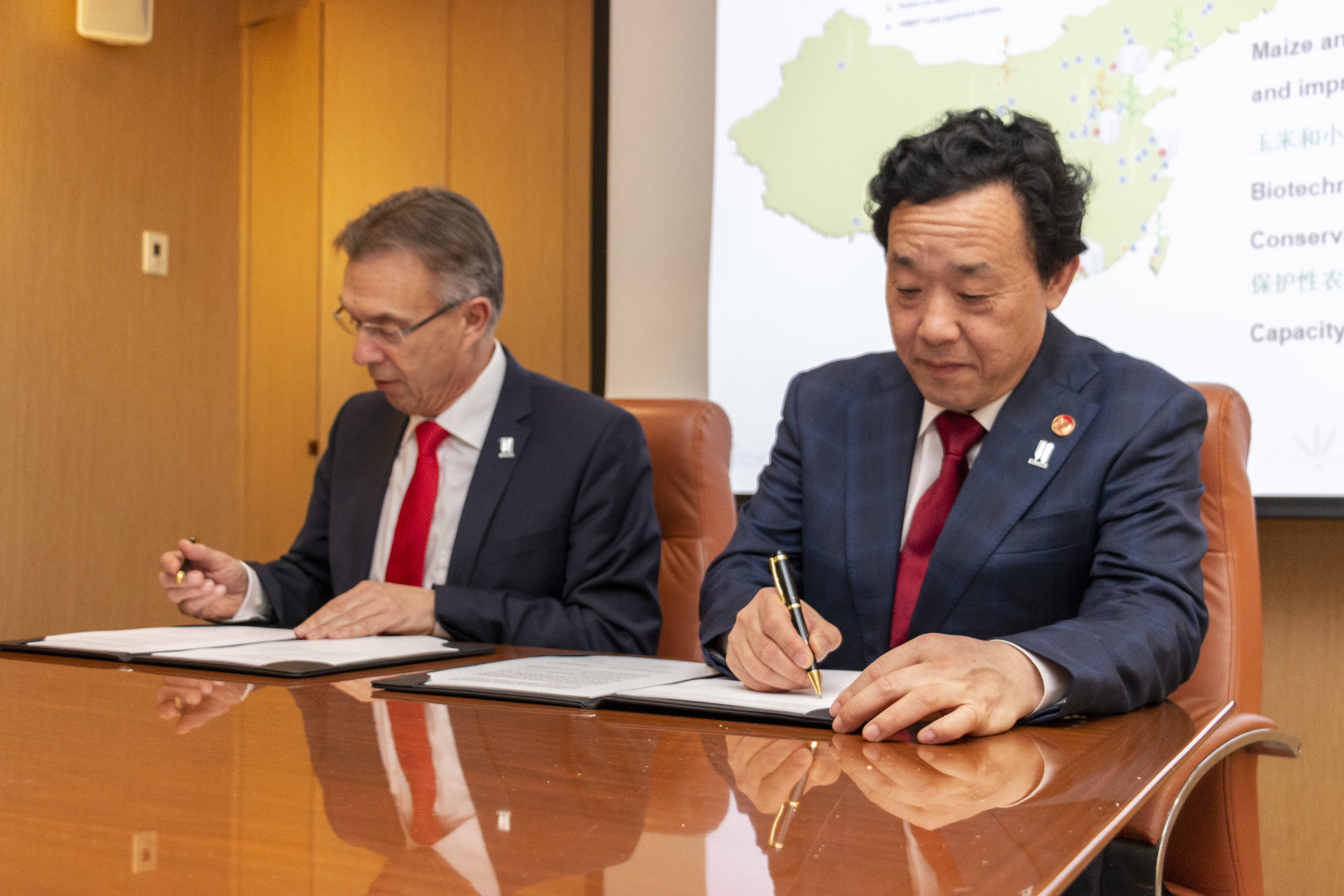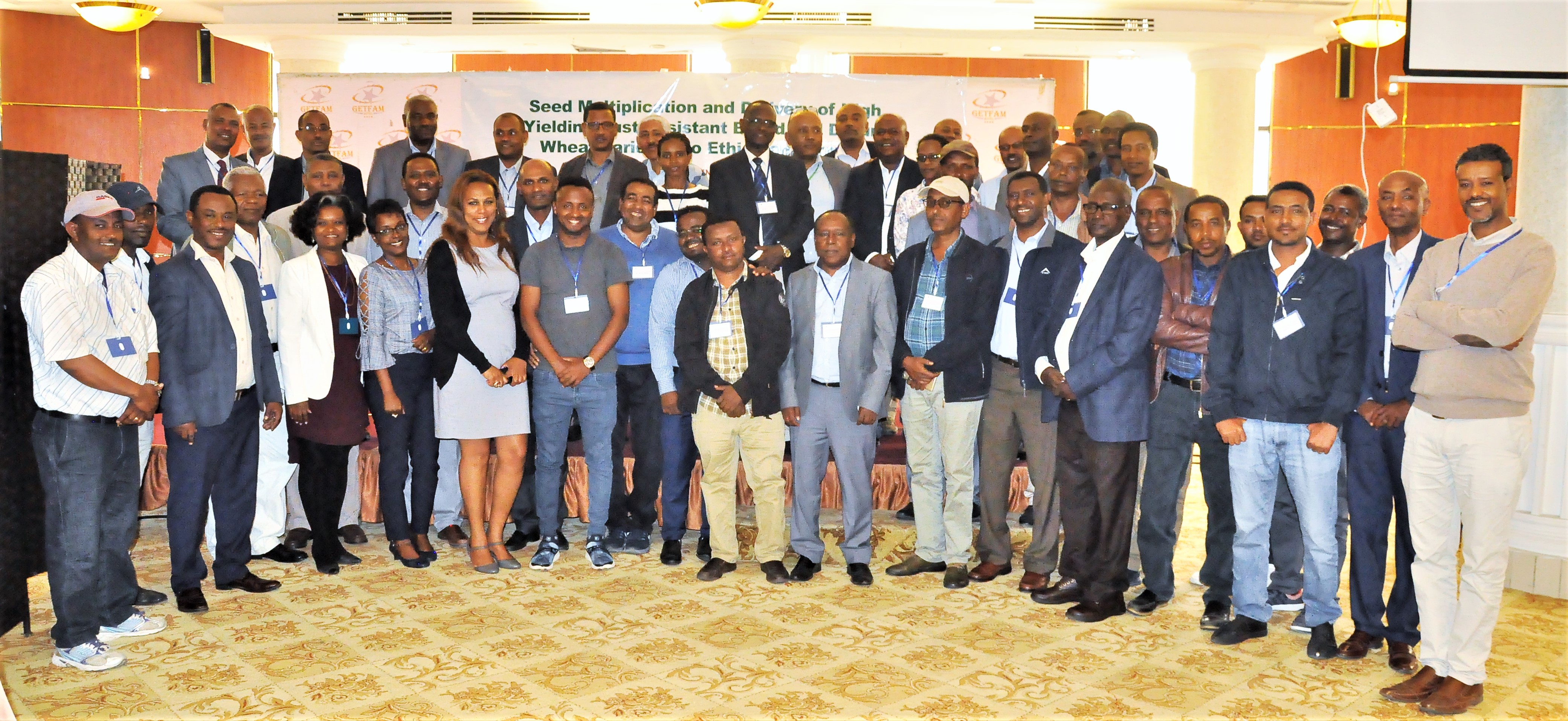Nutrition, health and food security
As staple foods, maize and wheat provide vital nutrients and health benefits, making up close to two-thirds of the world’s food energy intake, and contributing 55 to 70 percent of the total calories in the diets of people living in developing countries, according to the U.N. Food and Agriculture Organization. CIMMYT scientists tackle food insecurity through improved nutrient-rich, high-yielding varieties and sustainable agronomic practices, ensuring that those who most depend on agriculture have enough to make a living and feed their families. The U.N. projects that the global population will increase to more than 9 billion people by 2050, which means that the successes and failures of wheat and maize farmers will continue to have a crucial impact on food security. Findings by the Intergovernmental Panel on Climate Change, which show heat waves could occur more often and mean global surface temperatures could rise by up to 5 degrees Celsius throughout the century, indicate that increasing yield alone will be insufficient to meet future demand for food.
Achieving widespread food and nutritional security for the world’s poorest people is more complex than simply boosting production. Biofortification of maize and wheat helps increase the vitamins and minerals in these key crops. CIMMYT helps families grow and eat provitamin A enriched maize, zinc-enhanced maize and wheat varieties, and quality protein maize. CIMMYT also works on improving food health and safety, by reducing mycotoxin levels in the global food chain. Mycotoxins are produced by fungi that colonize in food crops, and cause health problems or even death in humans or animals. Worldwide, CIMMYT helps train food processors to reduce fungal contamination in maize, and promotes affordable technologies and training to detect mycotoxins and reduce exposure.
Identifying and Developing Improved Tropical Maize Germplasm with Native Resistance to Fall Armyworm in Sub-Saharan Africa
 Nutrition, health and food security
Nutrition, health and food security
Old for new, using ancient genetic variation to supercharge wheat
 Nutrition, health and food security
Nutrition, health and food security
Source: Phys.org (27 Mar 2019)
Gemma Molero, wheat physiologist at CIMMYT, collaborated on a paper that presents a valuable step forward in increasing wheat yield potential.
Candidate for FAO leadership Qu Dongyu visits CIMMYT’s headquarters to sign MoU and strengthen collaboration
 Nutrition, health and food security
Nutrition, health and food security
China’s vice minister of agriculture and rural affairs, Qu Dongyu, visited the global headquarters of CIMMYT.
Ethiopia calls for continued collaboration to increase wheat production and meet nutritional and food security
 Capacity development
Capacity development
CIMMYT and EIAR officially closed a wheat seed scaling project that benefitted 131,132 households.
